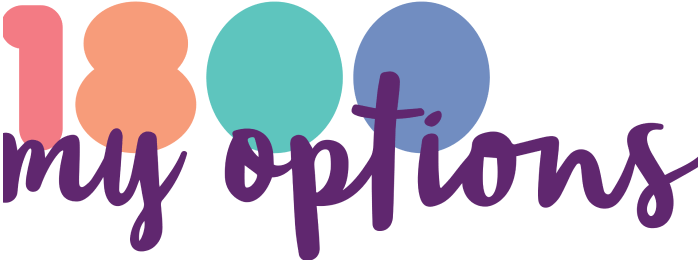Women’s Health Victoria (WHV) acknowledges the Traditional Owners of the land we work on, the Wurundjeri people of the Kulin Nation. We pay our respects to their Elders past and present, and acknowledge their continued custodianship of these lands and waters.
As a statewide organisation, we also acknowledge and pay our respects to the past and present Elders and Traditional Owners of the lands and waters across Victoria.
We recognise that sovereignty was never ceded and that we are the beneficiaries of stolen land and dispossession, which began over 230 years ago and continues today.
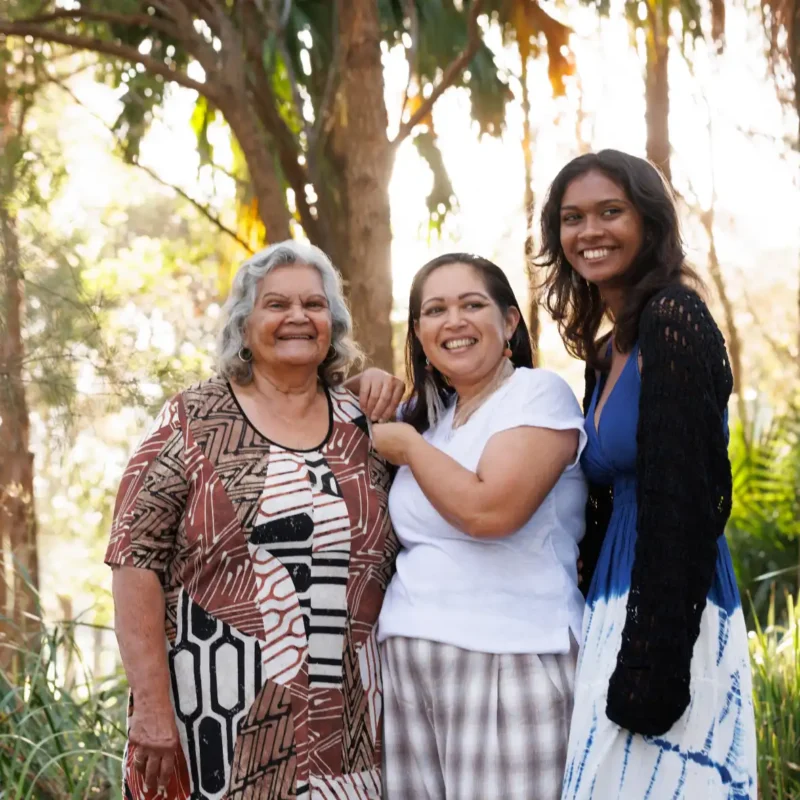
Our commitment to First Nations gender justice
WHV commits to advancing First Nations gender justice – the full self-determination and realisation of equality and rights for First Nations women, girls and gender diverse people.
Our vision for reconciliation is a just and equitable Australia with a health system that meets the needs of Aboriginal and Torres Strait Islander peoples, through addressing systemic racism, promoting cultural safety, and improving service provision and accountability.
WHV commits to standing with and walking alongside Aboriginal and Torres Strait Islander women and their communities. We aim to work towards a future where Aboriginal and Torres Strait Islander peoples determine the policies and design the services that impact them.
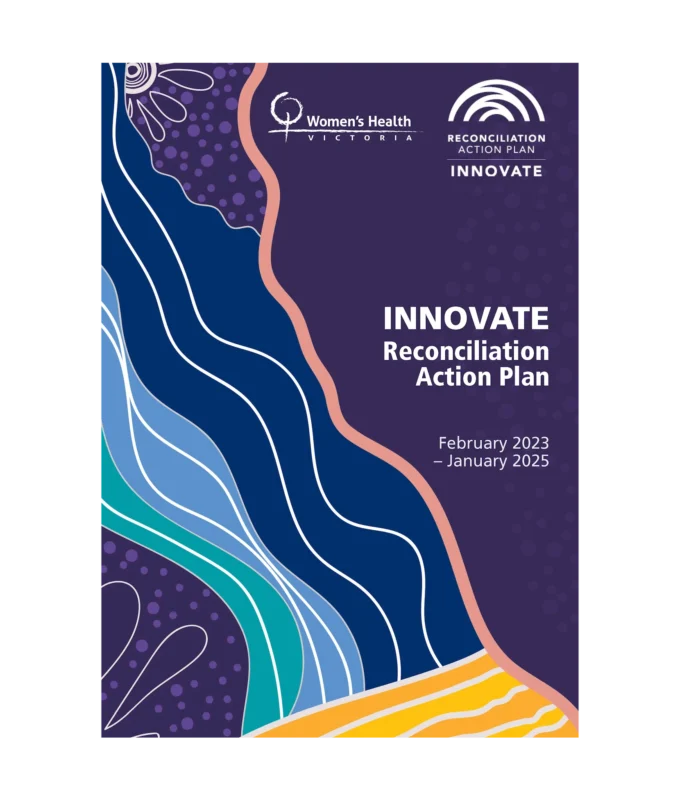
Our approach
Our current Innovate Reconciliation Action Plan (RAP) reflects our organisational values of respect and inclusion, as well as our commitment to intersectional feminism.
To achieve our organisational purpose of driving gender transformative change in health systems, it is essential to redress the discrimination and inequality faced by Aboriginal and Torres Strait Islander women in Victoria.
The Wiyi Yani U Thangani Report highlights that Aboriginal and Torres Strait Islander women and girls are highly capable, resilient and intelligent, as well as strong and courageous. However, a long legacy of racism, dispossession, sexism and intergenerational trauma arising from colonisation has contributed to shorter life expectancies, inequitable health outcomes and service barriers.
This requires an approach to advocacy, research, health promotion and service delivery that affirms the strength of Aboriginal and Torres Strait Islander women and communities, addresses systemic injustices, promotes self-determination and connection to Country, and ensures that our organisation and its services are culturally safe, accessible, and inclusive.
Our journey
WHV began our RAP journey in 2018 and completed our foundational Reflect RAP in 2019. We published our first Innovate RAP in 2023.
Through the RAP process, we are working towards:
Creating a culturally safe workplace and promoting employment of Aboriginal and Torres Straight Islander staff.
Ensuring our services are culturally safe, accessible and inclusive for Aboriginal and Torres Strait Islander women and communities.
Building relationships with Aboriginal community-controlled services (ACCOs) to support their work, and to establish opportunities to collaborate on broader systemic issues.
Promoting reconciliation within our sphere of influence.
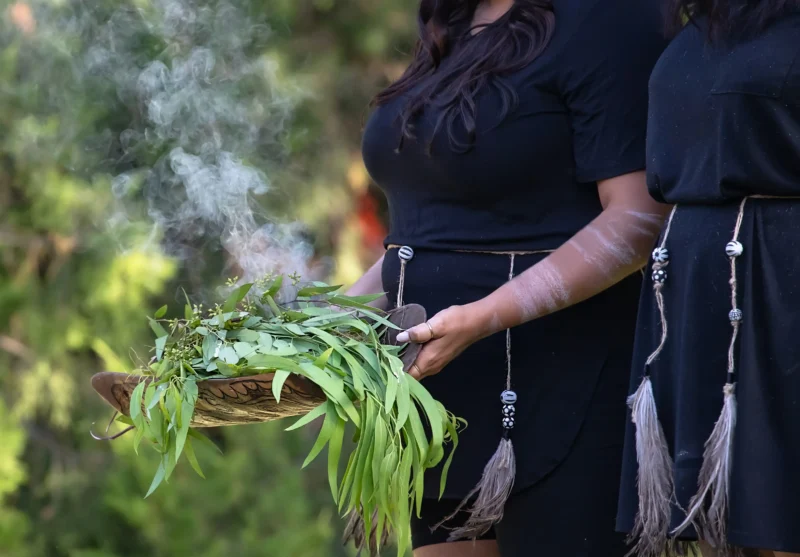
By committing to truth-telling and anti-racism, and working to make our organisation culturally safe, accessible and inclusive, we hope to foster collaborative relationships with Aboriginal and Torres Strait Islander women and organisations. Through supporting, amplifying and collaborating with these groups, we aim to contribute to the reduction of inequality, discrimination, and injustice.
In June 2023, Women’s Health Victoria announced its support for a Voice to Parliament and reaffirmed its commitment to supporting Aboriginal and Torres Strait Islander peoples and their right to self-determination. In light of the result of the referendum, it is more important than ever that we work for truth, justice, treaties and self-determination for First Nations people.
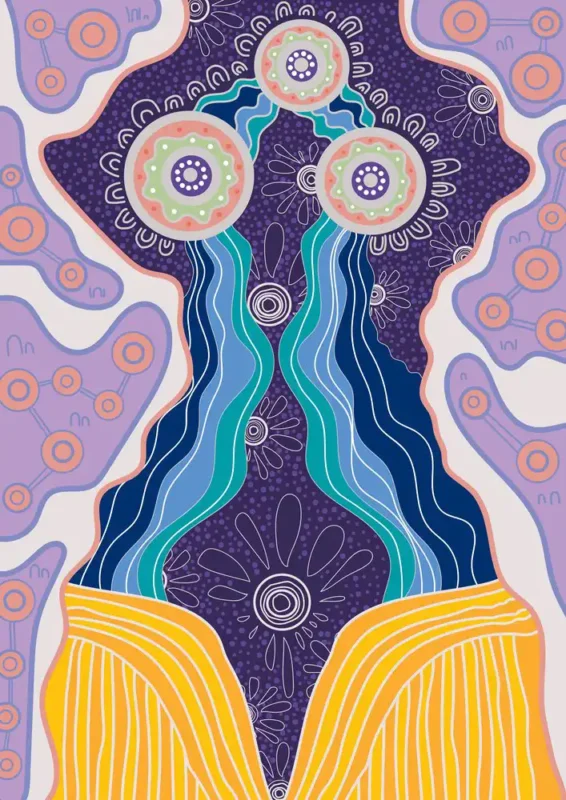
Reconciliation artwork creation story
Written by artist, Madison Connors.
When you are working through life’s challenges, it will not happen overnight. It takes the support of beautiful people from all around and the guidance of our Ancestors. We look to tomorrow to find the answers, however do we have these answers already? Life’s lessons are not to challenge this guidance, though move towards it and through it.
The circles that are in the top centre part of the image represent diverse communities with people (the rainbow-like shape represents people) gathering around them and traveling through them sharing stories and experiences. These communities are connected by the healing waters. Water is a powerful element of this land and it provides us with healing properties. These healing waters then flow down and wash over the mountains at the base of the image and the flowers throughout. The yellow and orange represents mountains which can be understood as the challenges faced in life. The parts of life that are not so straight forward and easy. These challenges are like mountains, we can face them alone if we choose to or we can lean on the supports around us. The connections to country are what grounds us and keeps us moving Yakuna Gananggurr (Until Tomorrow).
The flowers represent new growth and vulnerability. Growth does not happen overnight. It can take days, weeks, months, or even years. Vulnerability in the shape of flowers, these flowers need to be nurtured and cared for. They should be free to grow organically and hold the inner strength an individual needs to be their authentic self. Society should learn to embrace vulnerability and learn to feel empowered by it.
Yakuna Gananggurr continue to allow these supports into our lives, connect with those around you, share experiences and come together. You do not have to face life’s challenges alone.
About the artist
Madison Connors (née Saunders) is a proud and strong Yorta Yorta (Wolithica), Dja Dja Wurrung and Gamilaroi woman and mother to three boories (babies). Madison was born and raised in Shepparton, spending the majority of her life living on her grandmother’s Country. She comes from a strong line of women and is following in their footsteps. Oral history has taught Madison to yarn with her Elders; to listen, to understand and acknowledge the challenges they faced, to be strong in the face of adversity and to continue teaching her children the importance of her history, their history.



